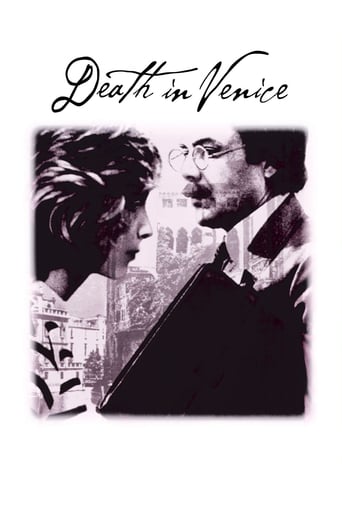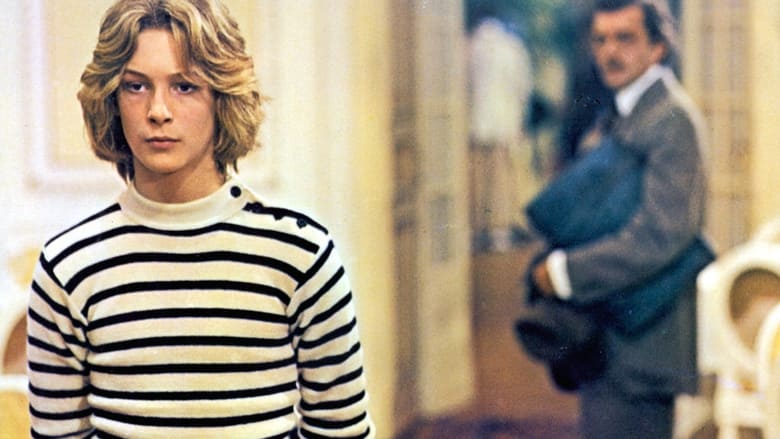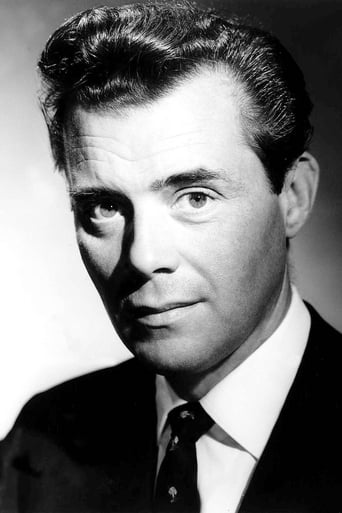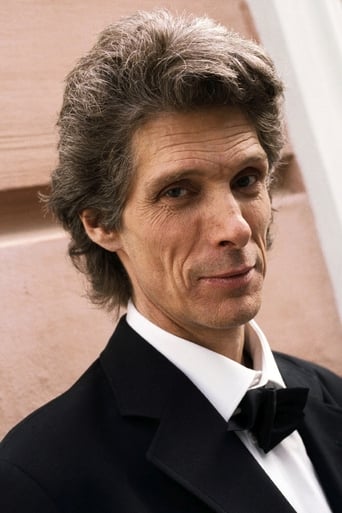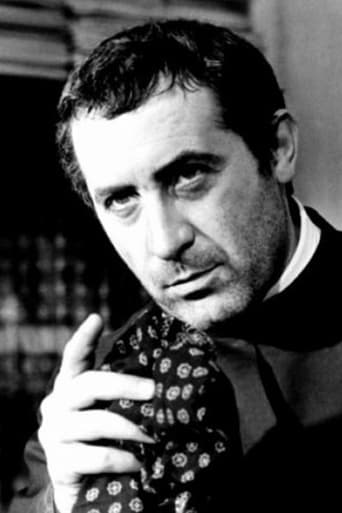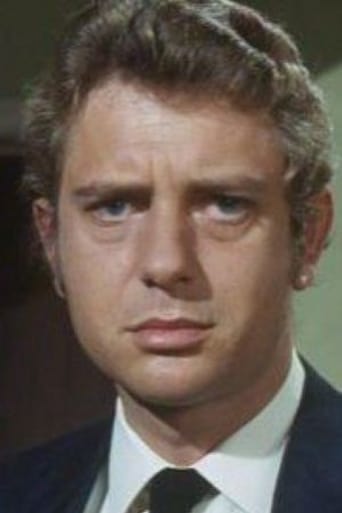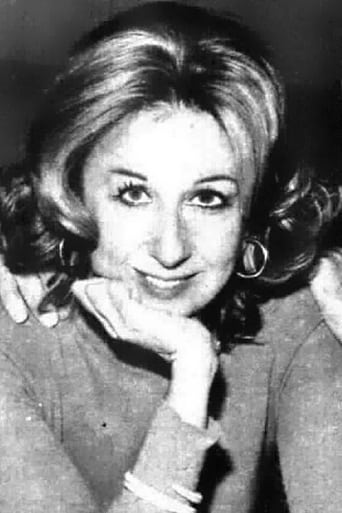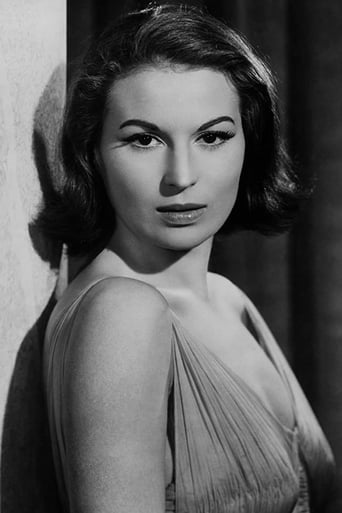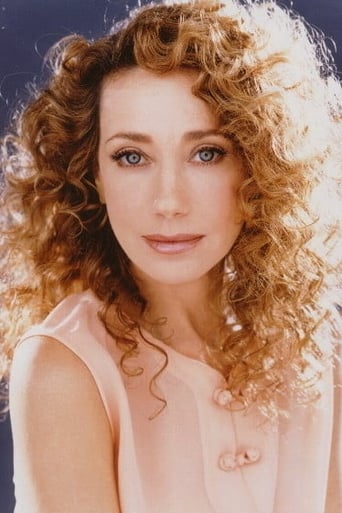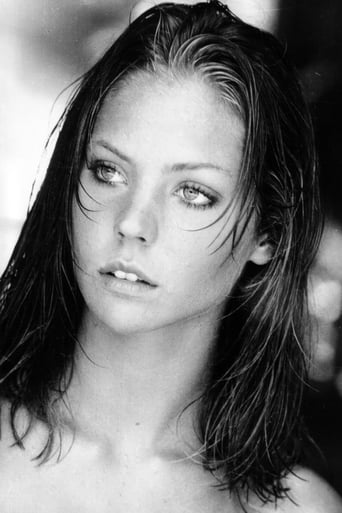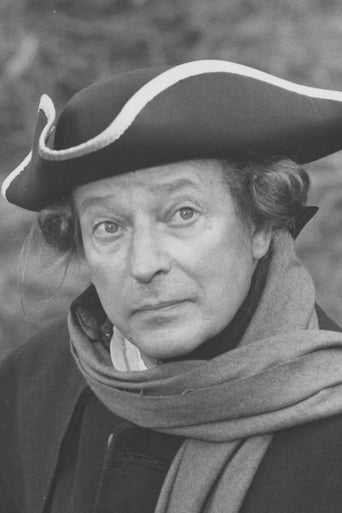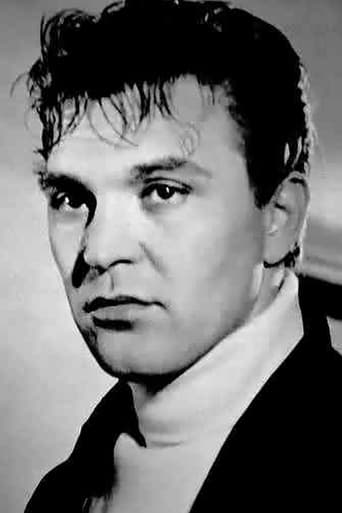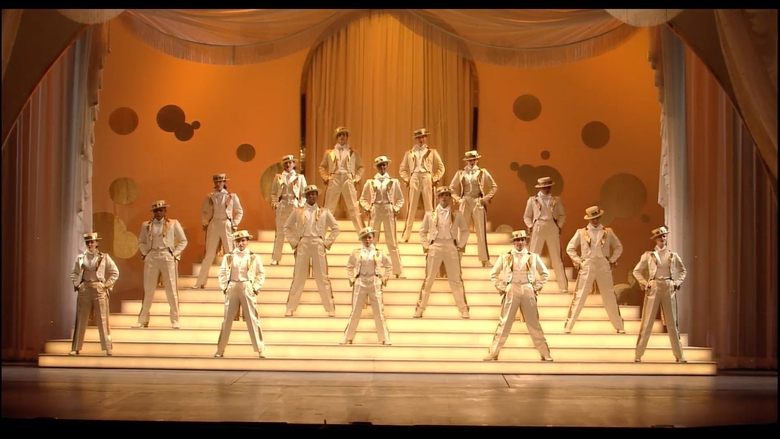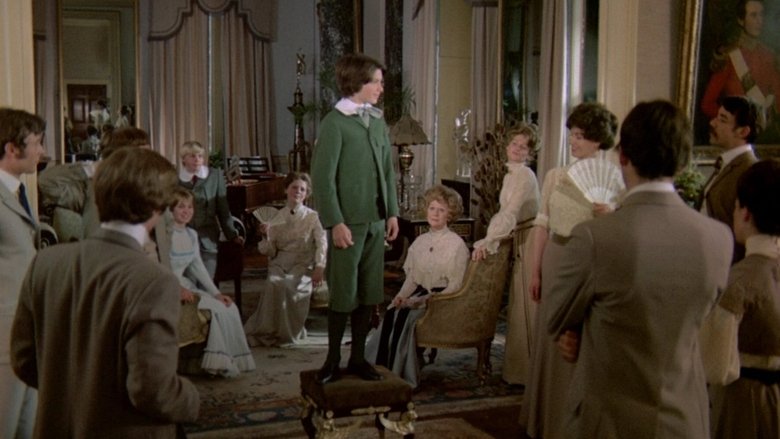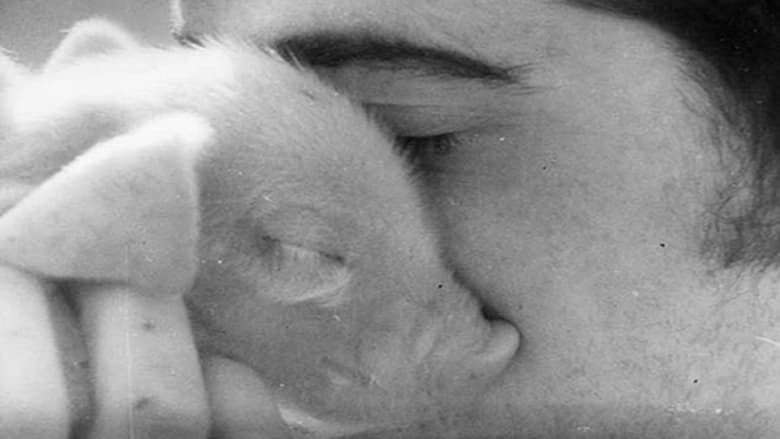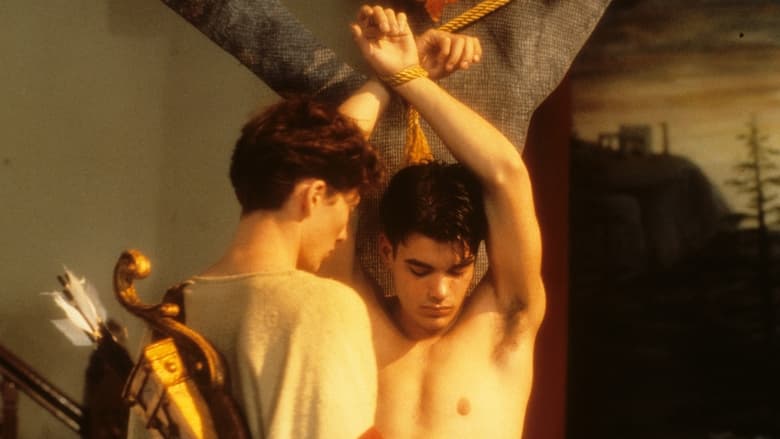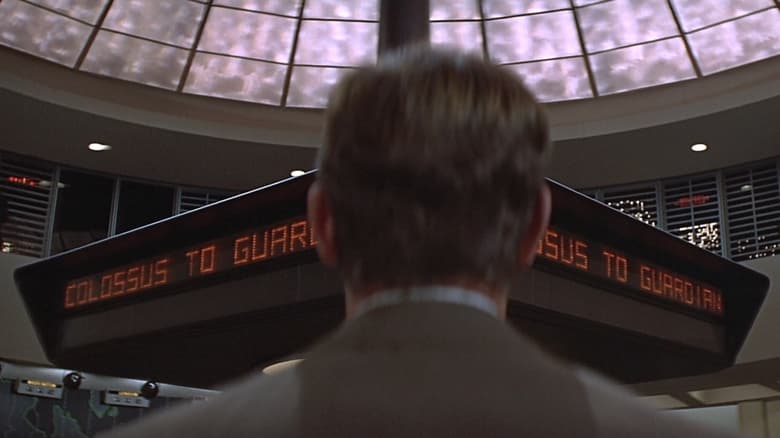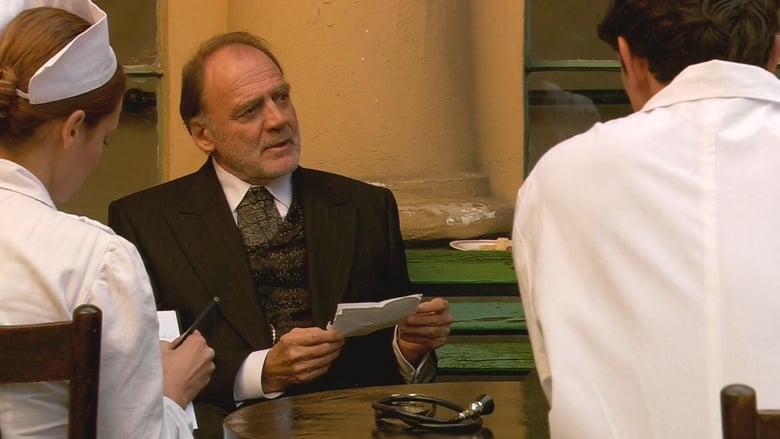Composer Gustav von Aschenbach travels to Venice for health reasons. There, he becomes obsessed with the stunning beauty of an adolescent Polish boy named Tadzio who is staying with his family at the same Grand Hôtel des Bains on the Lido as Aschenbach.


Similar titles
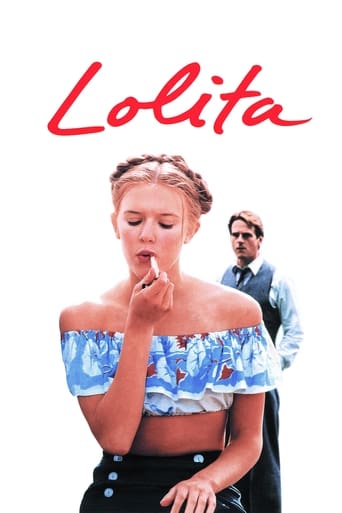
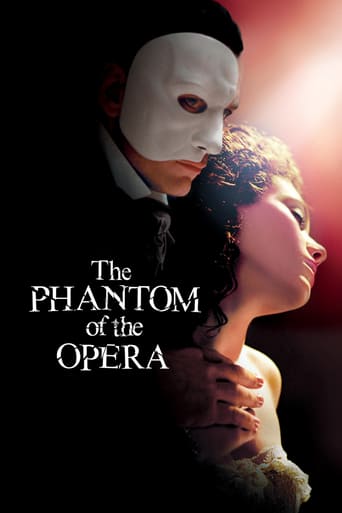
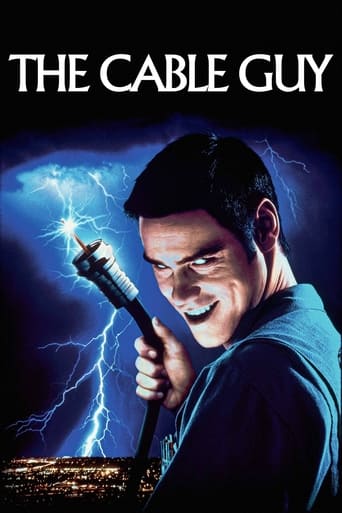
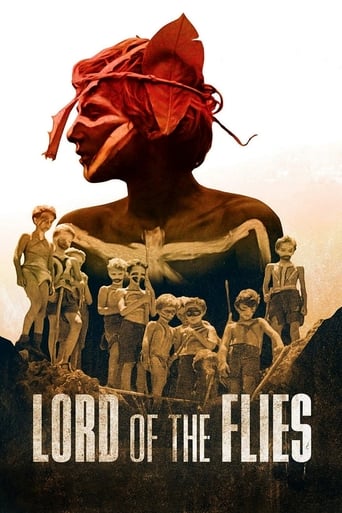
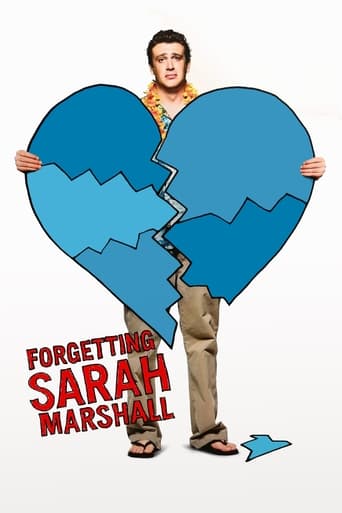
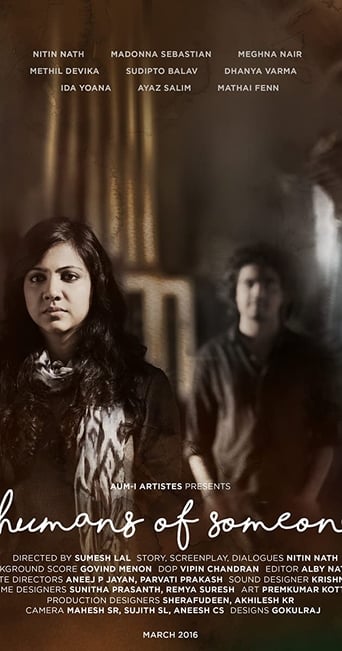
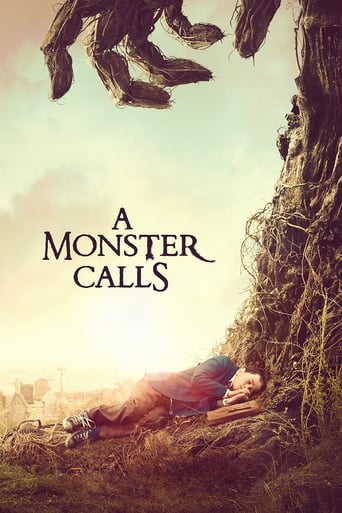
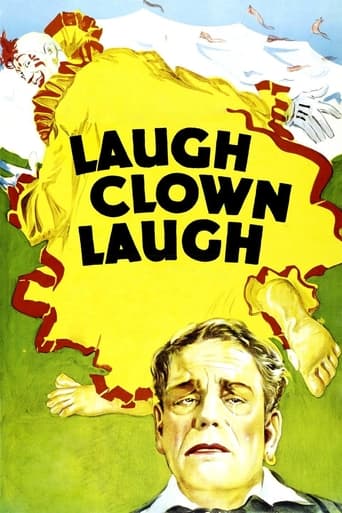
Reviews
This film is terrible, it completely misses the point of the book, and destroys any of the philosophical discussion the book created. It's honestly just some not very well done scenes of a guy following a child around Venice. Unlike in the book there is no internal monologue describing why this man feels this way or why he is doing this. The few flashback scenes were pointless and the philosophy discussed in them isn't anything intellectual. A huge disservice to the beauty and tragedy of the novel. I can't believe the number of people raving over this film. It turns a book about beauty, idolization, decay, obsession, and aestheticism into a pretentious 2 hours of a creepy guy following s boy around.
This is an adaptation of the Thomas Mann novel , avant-garde composer Gustave Aschenbach (Dick Bogarde) , loosely based on Gustav Mahler character , being well portrayed in this brooding as well as slow-moving classic movie . The celebrated story of a man obsessed with ideal beauty written by prestigious Thomas Mann is magnificently brought to the screen , concerning about desire , homosexuality , children lost , plagues and adult situations throughout .Thought-provoking character studio of a reputed artist , his mishaps , digresses , loves his homosexuality and continuous search for beauty and perfection . this is the second part of Luchino Visconti's German Trilogy also including The damned (1969) and Ludwig (1972). It deals with Gustav Mahler lookalike whom Dick Bogarde is made up to resemblance . However , the film results to be overlong , it seems longer than its 130 minutes running time . Colorful as well as visually absorbing cinematography in Panavision by Pascualino de Santis . Impressive and immortal musical score by Mahler , in fact his Third and Fifth Symphonies were adapted as background music for the film ; being excellently conducted by orchestra director Fanco Mannino.This studied as well as slow motion picture was masterfully directed by Luchino Visconti . Visconti was a director and writer, considered to be one of the best Italian filmmakers . At the beginning his career he developed the movement of "Italian neo-realism" together with other directors such as Vittorio De Sica or Roberto Rossellini in the 1940s and 1950s such as ¨Bellissima¨ (1952) , ¨La Terra Trema¨(1948) , and ¨Ossessione¨ (1943) was based on James M. Cain's 'The Postman Always Rings Twice' . Luchino is especially known for Rocco and brothers (1960), "Il Gattopardo" or "The Leopard" (1963) , ¨The damned¨ (1969) , ¨Ludwig¨(1972) , "The Innocent" (1976) and , of course , this Death in Venice (1971). His sense of visual style was equally impressive in his film work, never better demonstrated than through his masterpiece Senso (1954).
Death in Venice comes from an obsession for a perfect beauty ending up in what we can understand as Wagner's conception of liebestod ( erotic (death). The Luchino Visconti version of Thomas Mann's novel is based on an uninspired composer Gustav Von Asenbach. However in the book he is a novelist who is old and resentful, his disposition takes him on a journey through the magnificent historic city of Venice. During his time there he becomes enchanted by Tadzio, a polish boy whom he perceives as the ideal conception of beautifulness. The back drop is of a city that's declining in an atmosphere of uncertainty as a mysterious plague (cholera) carries death to its inhabitants. This bizarre transformation of Venice is contrasted by the beauty of Tadzio.The movie is quite slow, but it appeals for its details that enhance and reward the attention paid to them. Such as the paused attitude of Achenbach interpreted by Dirk Bogarde, who is unobtrusive and formal in his behaviour. An undercurrent of emotions invade him in the presence of Tadzio. Aschenbach is a man of good manners and harsh convictions, but Tadzio makes him question his firmly held principals. Tormented by feelings he needs the attention of the boy, and considers doing something which is for him outrageous. An old man groomed to look younger disgusts him, Tadzio has become Gustavs obsessive desire and he concedes. The movies dialog is constrained but beyond this, emotion is added by what is not said but what is obvious, here it applies greater depth. These contrasts focus on the central point of this work of motion art. The essentials revolve around conflicts in the mind of Von Aschenbach as he perceives perfect beauty in a young man.Having read the book I can say that the director Luchino Visconti, shifts a few things from the context of the novel to a visual adaptation that works in general as the changes are convincing. Therefore we can understand the film in a form creating a perspective of the struggle Von Aschenbach has searching for reasons to liberate his conscience. In the movie he says that beauty comes and is created in the spirit, not from the senses but when he sees Tadzio for the first time a fleeting unelaborated sense is filling him for a finale of sexual passion, his resistive sense of morality is released to the winds.
Thomas Mann's novella "Death in Venice", published in 1912, was one of the earliest mainstream literary works of to deal with the subject of homo-erotic desire. Gustav von Aschenbach, a famous German author, travels to Venice, where he meets and becomes obsessed with Tadzio, a beautiful teenage boy whose Polish family are staying in the same hotel. Aschenbach discovers that cholera has broken out in the city but that the authorities, fearful of losing income from tourism, are trying to keep the outbreak a secret. Despite this discovery, Aschenbach neither leaves the city nor warns his fellow-guests, as either course of action would mean his being separated from Tadzio, with whom he has fallen in love.Mann was himself bisexual, and the story is based upon his own experiences while visiting Venice the previous year, when he had also been fascinated by a handsome young Polish boy. The depiction of Aschenbach also draws upon Mann's memories of the composer Gustav Mahler, whom he had known and who had died in 1910; he shares the same first name and Mann's description of his physical appearance would also have fitted Mahler. This may be the reason why, for the purposes of this film, Luchino Visconti made Aschenbach a composer rather than an author and made use of Mahler's music; the famous Adagietto from his Fifth Symphony is passed off as a composition by Aschenbach. Visconti made other changes to the story to strengthen the identification with Mahler. In the book Aschenbach is a childless widower whose wife died many years earlier and who has never remarried. In the film Aschenbach's wife is shown in flashbacks and although she does not accompany him to Venice there is no indication that she has died. (Mahler's wife Alma did not predecease him- indeed, she survived him by more than fifty years). They are, however, shown mourning the death of a young daughter, just as Gustav and Alma Mahler lost a daughter some three years before his death. I first saw this film in the late seventies, a few years after it was made, when I was a teenager studying Mann's book for my German A-Levels. I remember being impressed by it at the time, but then I was a very impressionable young man and probably thought that any art-house film based on a work of classical literature, shot against the background of a famously beautiful city with plenty of classical music on the soundtrack must be a great classic of the cinema, especially if (a) it deals with a controversial subject and (b) nothing much happens except long conversations about Art and the Meaning of Life. Since then my admiration for Mann's novella, a book with a well-deserved reputation as one of the major works of twentieth-century German literature, has grown, whereas my regard for Visconti's film has decreased. Mine is not the normal complaint of the "loved the book, hated the film" brigade, namely that the film-makers have altered the story too radically. Apart from the few changes to Aschenbach's circumstances mentioned above, and the omission of the opening scenes set in Munich, Visconti has kept fairly faithfully to Mann's plot. There are, however, some works of literature which do not lend themselves to a cinematic treatment, and "Death in Venice" seems to be one of them. There are some good things about the film. The photography of Venice is certainly beautiful, reminiscent of some of Turner's paintings of the city and rivalling that in "Don't Look Now", another film from the early seventies set in the same location. Dirk Bogarde was normally a talented actor and the young Björn Andrésen, with his prettier-than-any-girl beauty, certainly looks the part as Tadzio. (Andrésen, who is heterosexual, became something of a gay icon following this role, causing him some embarrassment). The Adagietto is certainly a beautiful piece of music, although I sometimes wonder if its association with this film has done Mahler's long-term reputation any good, leading people to associate him with decadence and morbidity. The problem with the film is that its good looks are all on the surface. Mann's novella contains little in the way of action and not much in the way of dialogue; the two main characters, Aschenbach and Tadzio, never exchange a single word. Its significance lies beneath the surface, on the psychological and philosophical levels. On the personal level it is a character-study of a man who has striven to live an ascetic life, governed by discipline, restraint and reason, but who finds his world- view shattered by the sudden realisation of his own powerful sexual desires for a boy. On the philosophical level it is an examination of two contrasting attitudes to life, the Apollonian life of reason and the Dionysian life of passion, a concept derived from Mann's study of the philosopher Nietzsche. Visconti, who was an intelligent man, doubtless understood the complexities of Mann's work, but it is these very complexities which make it difficult to adapt for the screen. The contrast between Apollonianism and Dionysianism is not a naturally cinematic subject, and the complicated inner life of an intellectual writer or musician, unaccompanied by some dramatic outward action, is equally difficult to dramatise. Visconti is never able to find a substitute for Mann's ideas. The lengthy debates between Aschenbach and a fellow-composer about musical aesthetics do not add much interest; they simply help to make a lengthy and tedious film even more so. The film may be beautiful, but it is also dull and long-winded, and in such a context its beauty becomes something excessively rich and cloying. In Mann's story Aschenbach dies after eating an overripe strawberry, and this becomes an appropriate image for an overblown film in which Dirk Bogarde appears to die of a surfeit of overripe beauty. Too much Venice, and too much Mahler, can be bad for your health. 5/10
